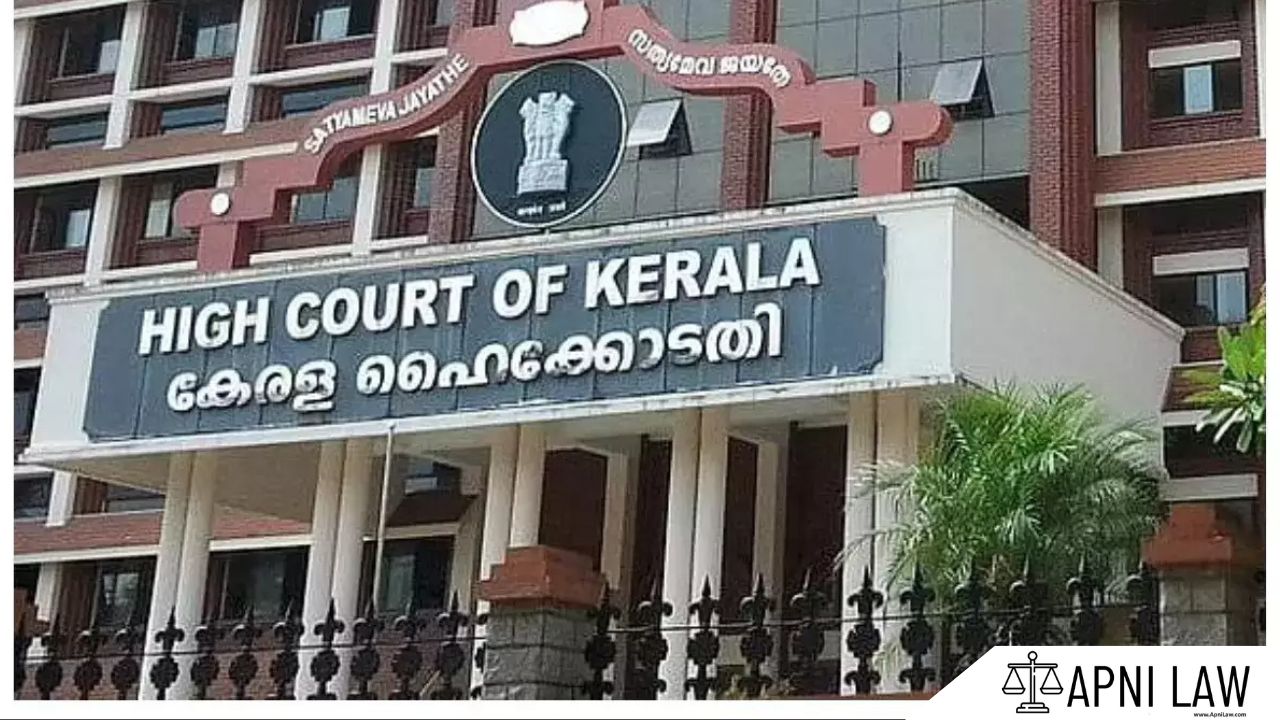CrPC Section 160: Police Power to Summon Witnesses
1. The Code:
CrPC Section 160 empowers the police to summon any person as a witness in a criminal investigation. This section is part of India’s Code of Criminal Procedure (CrPC).
2. Explanation:
When investigating a crime, the police may need to gather information from individuals who may have witnessed the incident or have relevant knowledge. Section 160 provides the police with the authority to issue a summons to such individuals, requiring them to appear before the investigating officer and provide their testimony.
3. Illustration:
Imagine a theft case where a shop owner reports the incident. The police may summon the following individuals:
- Witnesses: People who saw the theft or who may have seen the thief leaving the scene.
- Potential Suspects: Individuals who might have been in the vicinity at the time of the theft and may have information relevant to the investigation.
4. Common Questions and Answers:
- Q: Is a person legally obligated to appear before the police when summoned under Section 160?
- A: Yes, individuals summoned under Section 160 are legally bound to appear before the investigating officer. Failure to do so without a valid reason can result in legal consequences, including arrest.
- Q: What are some valid reasons for refusing to appear before the police?
- A: Some valid reasons include:
- Serious illness or injury.
- Being out of the country.
- Reasonable fear of being harmed by the accused.
- Q: Can a person refuse to answer questions asked by the police?
- A: While a person is obliged to appear before the police, they have the right to remain silent and do not have to answer questions that might incriminate them. However, they must cooperate with the investigation in other ways, such as providing their name and address.









